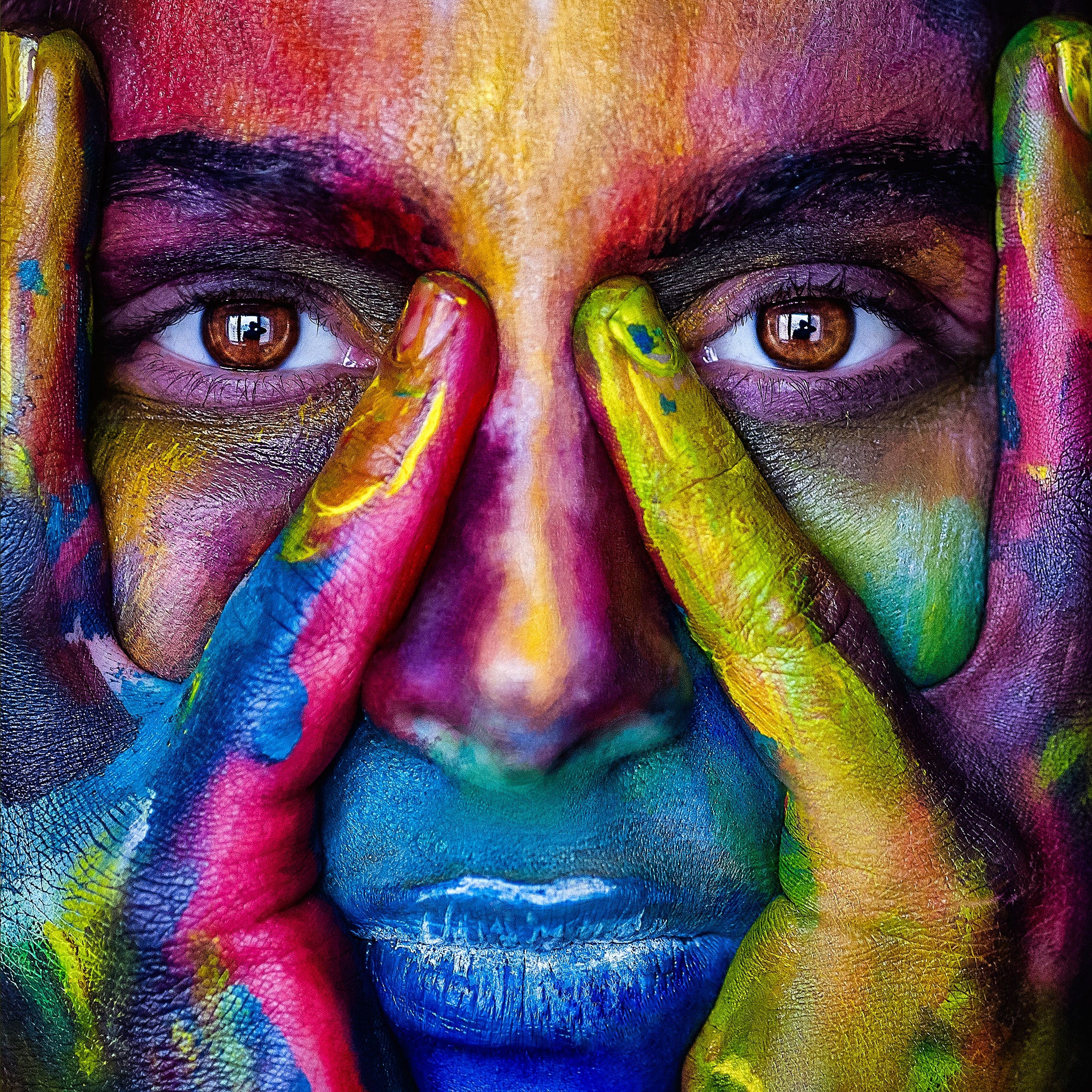
How to reinvent?
When Authenticity and Meaning Conflict
How can we authentically engage in new projects that don’t fit with the meaning we have attached to an identity we have created for ourselves?
Most of us have run up against this at some point: You want to do or be something new, meaningfully, and give it your all. But a little voice inside says, “That’s not you. You’re always trying new things. Stick to who you are, what you are good at.”
You reply, “But I’m not satisfied with who I am, what I am good at. I want more out of life. Not a new hobby. I want to reinvent.”
I long to be someone who is not the person I have come to think of as me.
What should we do when we dream about a new way of being but are hesitant because we’ve come to identify with a self that has a history and boundaries we’ve created along the way? How can we best think about authenticity and meaning and incorporate them both into our lives?
What is Authenticity?
Authenticity is generally regarded as the attitude in which we engage in projects as our own. I only do something authentically if I commit to it as my own. Only then am I myself.
Authenticity is the transparency of being myself, a recognition of the responsibility of being who I am. It is integrity with which I commit to my projects, integrity regarding a narrative of my life, a story of what sort of person I am.
Authenticity is a mark of autonomy, my ability to choose who I am.
What is Meaning?
In Man’s Search for Meaning, Victor Frankl (1905–1997), described meaning as a stance we take towards our internal (psychological) and external (biological and social) conditions.
He viewed meaning as the primary motivator of human life. He identified three ways of realizing meaning in life: by making a difference in the world through our actions, our work, or our creations, which he referred to as “creative values”; by experiencing something (such as truth, beauty) or encountering someone (love), which he referred to as “experiential values”; and by adopting a courageous and exemplary attitude in situations of unavoidable suffering, which he referred to as “attitudinal values.”
Frankl posits meaning as a realization, something that results from our activities and the manner in which we engage in them. Meaning and values are the results of a process of creation in which we choose freely, given our social and historical circumstances. We engage and construct meaning and values personally, inwardly, and articulate them in a social language and setting.
I connect socially and construct meaning in shared engagements and projects and I choose social values that are available to me. I create a coherence of my personal and social meaning and values through a process of self-reflection in which I seek to find a personal resonance within, and in the context of my activities.
But what if authenticity and meaning conflict? What if I can no longer do things that reflect the meaning I have developed and adopted in relation to who I am? What if I want to do new things with my life, change my life, in ways that conflict with that meaning?
Process Philosophy
I’ve discussed process philosophy elsewhere. But in a nutshell, process philosophy views reality as a flow of events that arise and fall, as opposed to reality having an essence or identity.
A philosophy of difference considers pure difference as primary, and not the result of two prior identities. A process philosophy that emphasizes difference sees all things in reality, including ourselves, as informed by a process of becoming.
A force of pure difference runs through our lives.
We evolve, and any static images we cling to regarding our lives slow the process of transformation, but inevitably succumb to the force of change.

Authenticity is in the Act of Becoming
In a philosophy of difference, authenticity is primary, looks forward, and is the act of creating out of the problematic. Meaning is secondary, reflects back, on solutions we have created in the past. Both are important in living a fulfilling life, but we must detach from meaning when we sense or intuit the driving desire within to change.
Authenticity is how we do things, our own sense of going to the limit of what each of us can be.
To be authentic is to go to the limit, to hold nothing back.
All that matters is the manner in which we construct a life: that we create, embrace and act out our lives in the context of becoming, and not conform to a transcendent identity.
We are not irrevocably caught up in our choices. Throughout our lives, we have the radical freedom to change, to affirm the spontaneity in creativity. We can release and then re-commit, re-create throughout our lives, as a process of pure difference.
Authenticity is meaning in a philosophy of difference. It is to participate in an ethic of desire as abundance, experimentation, and creativity.
To act authentically, to participate in desire overflowing in productivity, is to engage in the virtual reality of who I am. To sling off the crustacean shell of who I was, and affirm the pure difference running through me.
To act authentically is to find meaning in my pure state of becoming, to let go and to affirm; to explore who I am currently, and to update who I am in light of new projects, new experiments, and new perspectives.
Meaning is Found in Becoming
I make choices and engage in projects passionately. On reflection, I create meaning in my life, and I articulate this meaning in the form of values.
Acting authentically creates meaning, is a value creation process.
I reflect on my creations, my projects, the meaning I embrace, and I reflect on other people’s creations, their meaning, and values. Engaging authentically is a process of the creation of the remarkable, both personal and social. It is imminent, in the field, informed by personal and collective human experience, a coherence of values.
We create in society by making connections. And value creation as social is free: we are free to connect and disconnect and find our own articulation and resonance in a social setting.
We freely engage with authenticity and the sum total of the meaning and values created is our own thick sense of fulfillment. An overall process of engaging authentically over a lifetime is the pursuit of a fulfilling life, the creation of a fulfilling life.
Authenticity is participation in the evolutionary. Meaning is truly found when we recognize evolution itself as that which has the most meaning. The journey without a destination, the pathless path.
…
Thanks for reading!
Tomas
Please join my email list below.
Excerpt from my forthcoming book, Becoming: A Life of Pure Difference (Gilles Deleuze and the Philosophy of the New) Copyright © 2021 by Tomas Byrne.

Leave a Reply